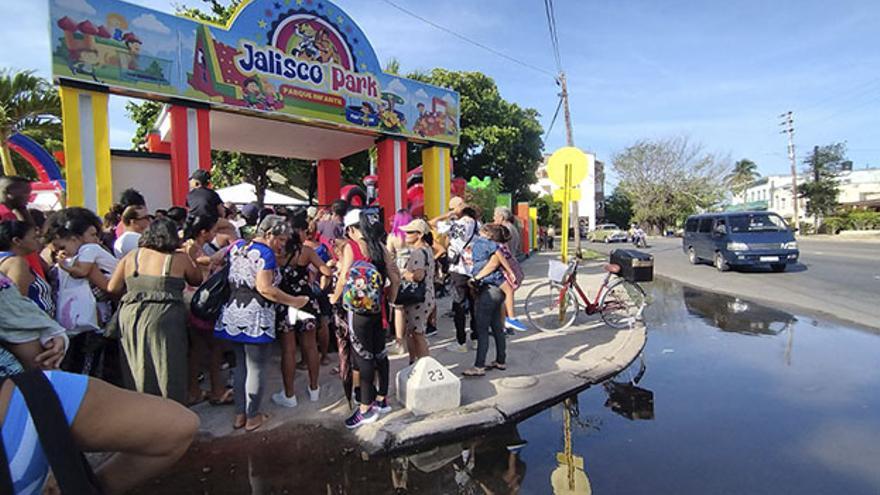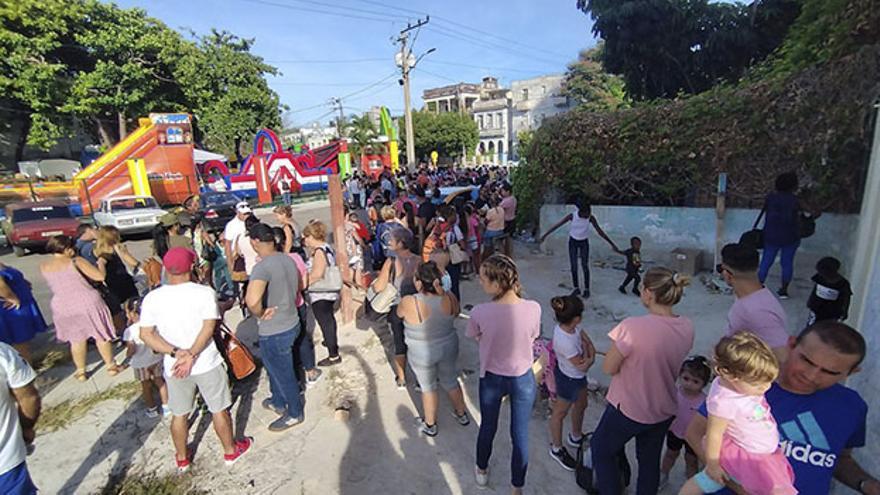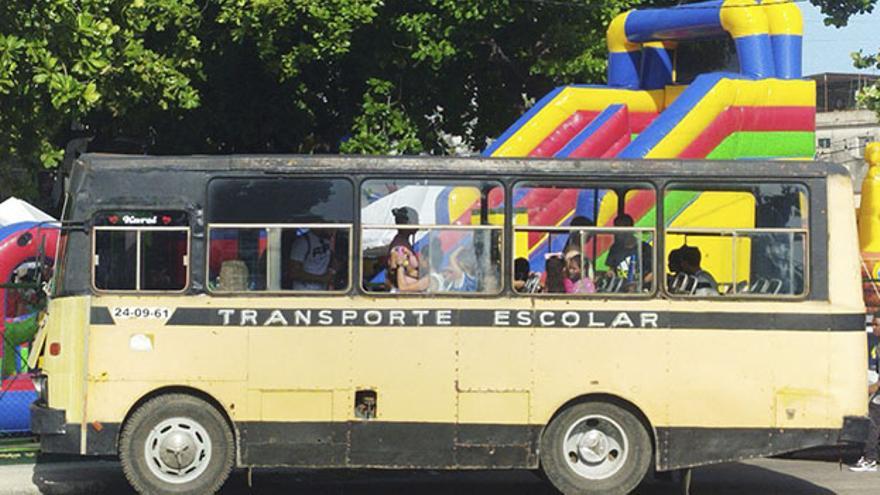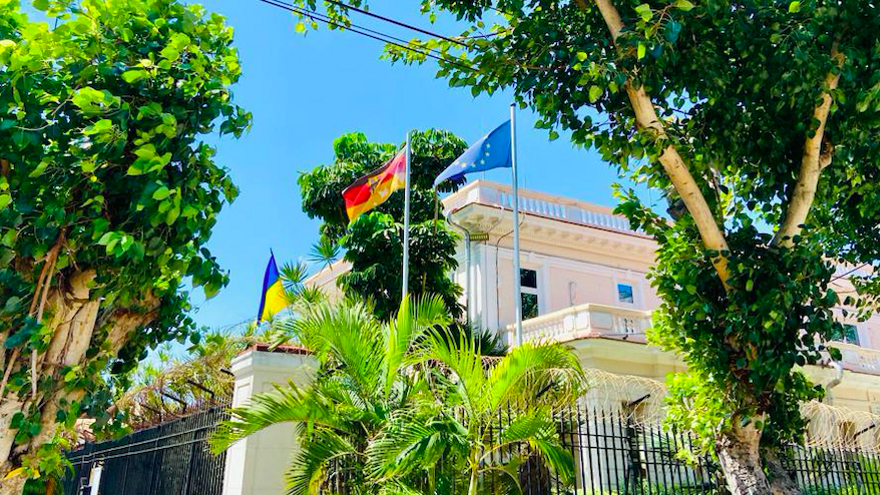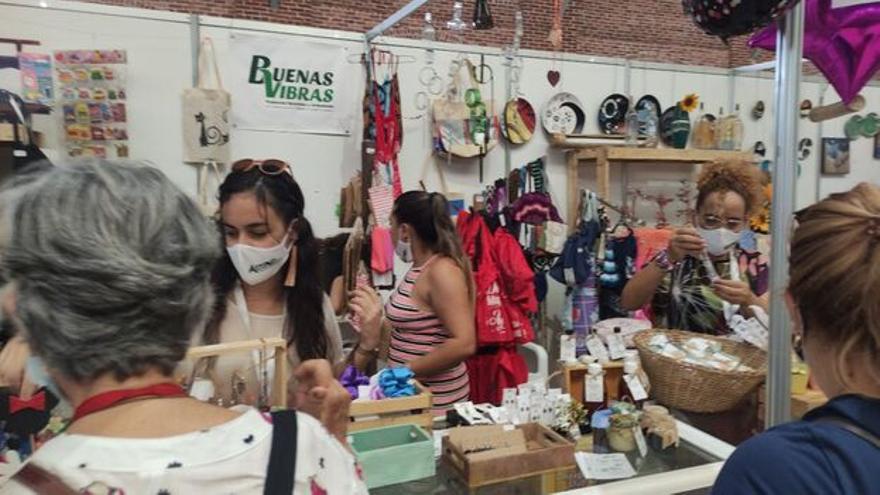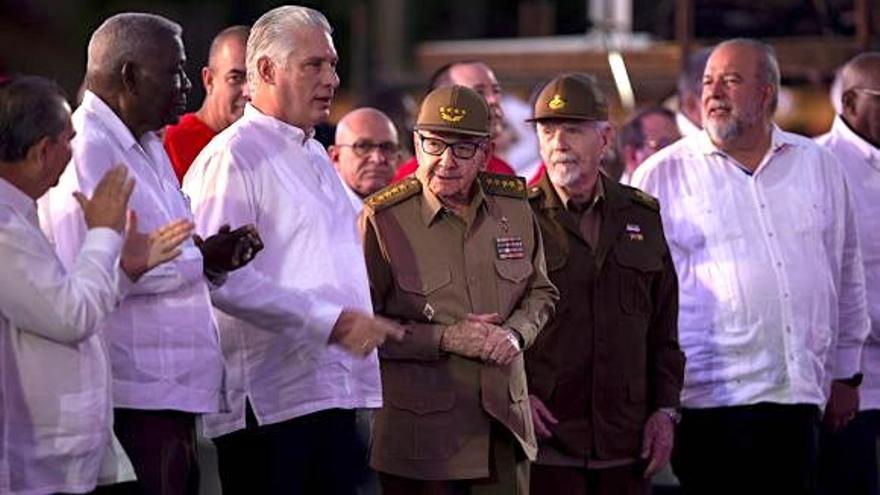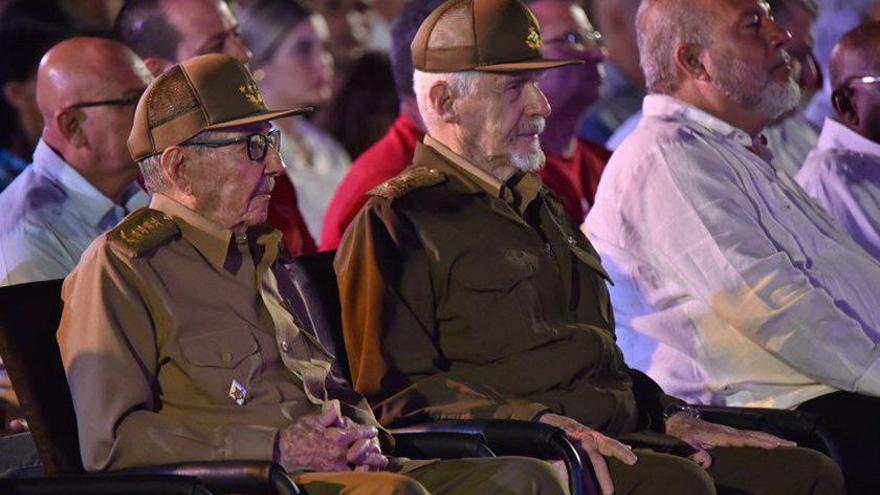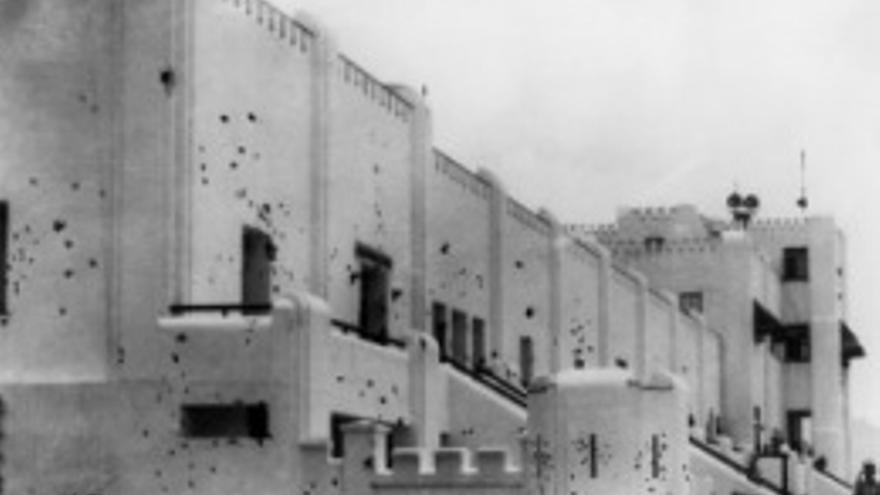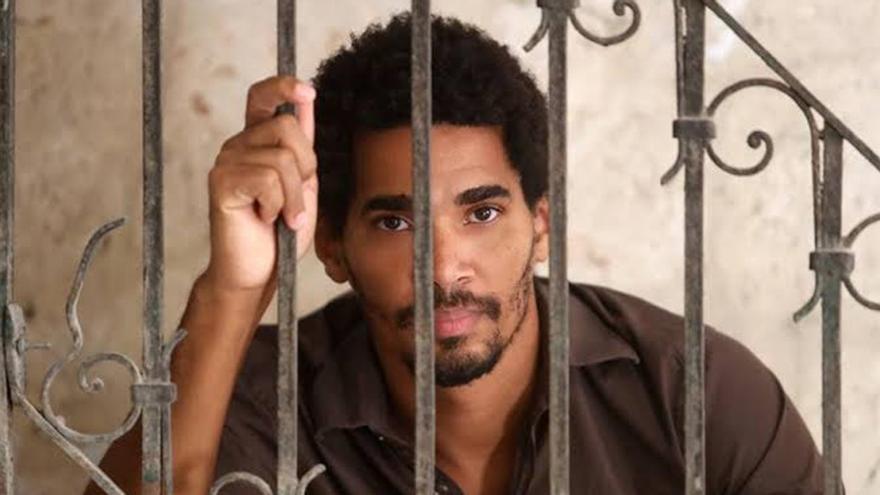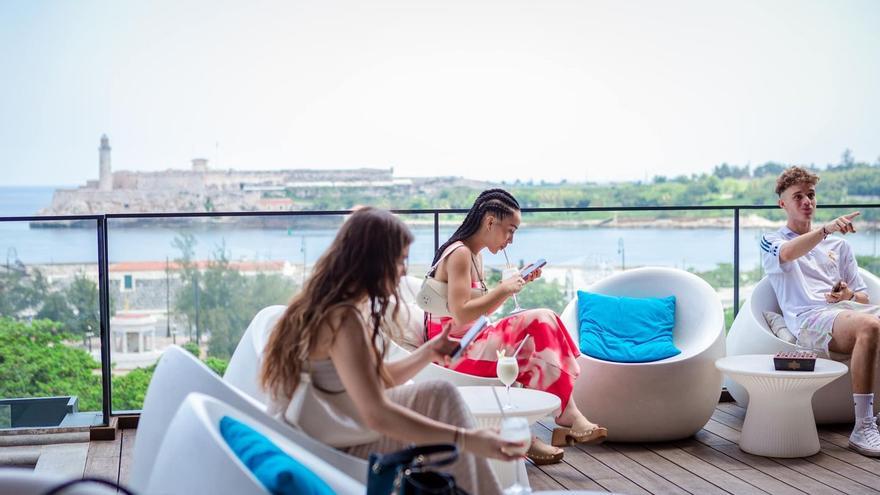
![]() EFE (via 14ymedio), Ana Mengotti, Miami, 27 July 2023 – The Cuban playwright Carlos Celdrán, 2016 National Prizewinner for Theatre in his own country and currently resident in Spain, presents his play Hierro in Miami – a work centred on the Cuban war of independence hero José Martí (1853-1895), different from his “edited” biography but not demythologised.
EFE (via 14ymedio), Ana Mengotti, Miami, 27 July 2023 – The Cuban playwright Carlos Celdrán, 2016 National Prizewinner for Theatre in his own country and currently resident in Spain, presents his play Hierro in Miami – a work centred on the Cuban war of independence hero José Martí (1853-1895), different from his “edited” biography but not demythologised.
“I’m not attempting to dismantle or criticise Martí, I love Martí. Hierro comes from a love for and identification with him; what I’m trying to do is present his human contradictions in order to understand him better”, Celdrán tells EFE, in the Miami Dade County Auditorium where the play, produced by Arca Images, has its U.S premiere next Thursday.
Hierro, is the title of a poem by Martí, Cuba’s “apostle and martyr”. Martí was a poet and essayist and the play centres on Martí’s private life, which has “not been seen on the stage nor is it discussed in school” – the life of a “great” but “ordinary” man who argues with his wife and even faces up to a possible affair.
Everything that takes place in the play happened in the United States, where Martí lived in exile, apart from interspersed scenes of journeys to other countries – from the beginning of the 1880’s until his return to Cuba in 1895, the year he was killed in combat, fighting against the Spanish military.
Celdrán first premiered this play in Havana in 2020 but performances were interrupted by the Covid pandemic. When Arca Images suggested he take it to Miami he didn’t think twice. continue reading
In the cast, headed by Caleb Casas, Daniel Romero, Claudia Valdés and Rachel Pastor, there are a number of actors from the original Cuban production.
Asked by EFE whether he thought that the Cubans in Miami and those on the island felt the same about Martí he said that the hero continues to be a unifying force. “I think that Marti’s ideology touches all Cubans wherever they are and whatever ideology they have”, he said, and remembers that Martí proposed a republic in which all Cubans would have a place, wherever they were and whatever politics they had.
In Hierro we shall see an “unedited and hidden” Martí, as previously his official biography has been “laundered and edited”, he says.
Though Hierro is performed in Spanish, English speaking audiences will also be able to enjoy the play, through simultaneous translation via wireless headphones.
This is not the first time that Celdrán (who founded Argos Teatro in Cuba in 1996 and has produced his own plays as well as those by Brecht, Beckett, Ibsen, Strindberg and other classical playwrights) has presented work in Miami.
His award winning play Diez millones [Ten Million] was also performed in this city, as well as in other U.S cities, whilst the playwright still lived in Cuba.
Now he is based in Madrid, where he has already presented another of his works, Discurso de agradecimiento [Expression of Gratitude], and is trying to make his mark in a city which, he says, is these days an “international theatre capital”.
The grandson of Spanish grandparents and a Spanish national, Celdrán is trying “not to move away” from his hallmark theatrical style. “What I try to do is work from the human perspective, but there is always a political and social backdrop”, he says.
He is working on a text that may possibly be performed next year in Miami and Spain – a country in which there are, he says, “a lot of stereotypical views” about Cuba, as well as extreme views about the revolution and the daily life of Cubans.
“Spanish people always have either a utopian view of Cuba or a critical one”, says Celdrán, who says that what interests him is that there is “empathy from the audience towards the characters”.
Stereotypes, says the playwright – “the first one would be the island of love, of good sex – they have prejudiced us a lot”.
I show the soul of the Cuban people, I fight against that obvious stereotype and sometimes people are surprised because they expect Cuba to be comical, to be lightweight, to be friendly”, he stresses.
Speaking of recent times in his country, he says that “it’s not easy making theatre in Cuba”, and not only because of the lack of economic resources.
“You’re always in a complicated dialogue with what’s censurable, with the limits of what you can say. And you evade it, you get over it, you go a little further in order to make theatre where you can escape from that confrontation”, he concludes.
Translated by Ricardo Recluso
____________
COLLABORATE WITH OUR WORK: The 14ymedio team is committed to practicing serious journalism that reflects Cuba’s reality in all its depth. Thank you for joining us on this long journey. We invite you to continue supporting us by becoming a member of 14ymedio now. Together we can continue transforming journalism in Cuba.

